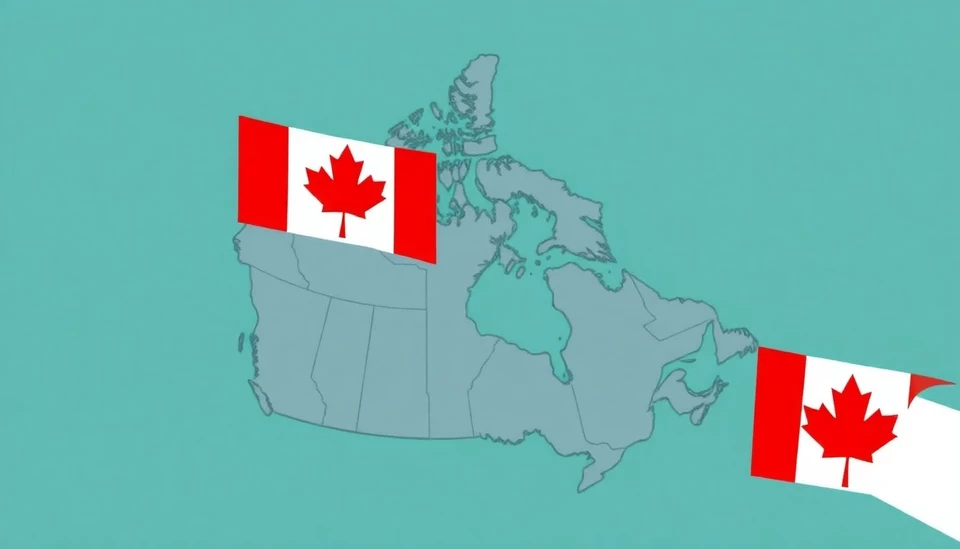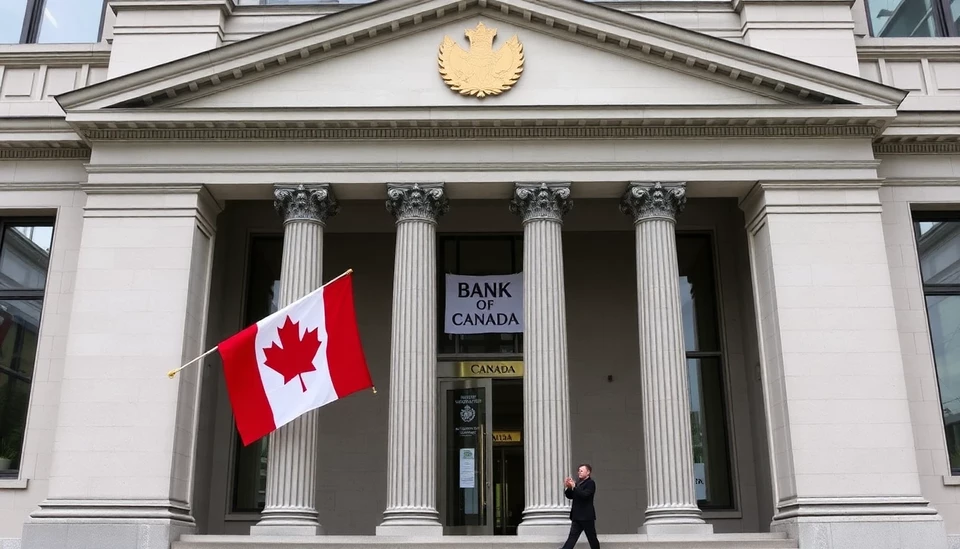
In a surprising turn of events, Canada’s economy reported a contraction in November 2023, marking the first decline this year. According to fresh data released, the overall gross domestic product (GDP) witnessed a decrease of 0.1%, raising concerns among economists and policymakers regarding the potential long-term effects on the nation’s economic landscape.
This downturn comes amidst a backdrop of fluctuating economic indicators and uncertainties in global markets. Analysts had anticipated a stable performance given the previous trends; however, the November figures have sent ripples of doubt across various sectors. Such a contraction was unexpected as Canada had been enjoying a period of steady growth throughout the year, with many sectors showing resilience despite external pressures.
The details of the contraction reveal that several industries were affected. Notably, manufacturing and construction sectors faced slowdowns, with many companies reporting reduced output due to declining demand. The service sector was also impacted, particularly in hospitality and retail, which struggled with post-pandemic adjustments and ongoing inflationary pressures. These challenges have raised questions about consumer confidence and spending behaviors moving forward.
Economists are analyzing the potential ramifications of this contraction closely. Some speculate that this could lead to adjustments in monetary policy, as the Bank of Canada might reconsider its interest rate strategies in light of slowed economic activity. Already, there are discussions about whether further rate hikes will occur or if a pause might be in order to support recovery efforts.
The Canadian economy has had a tumultuous year, grappling with inflation, labor shortages, and supply chain disruptions. The unexpected dip in November is a stark reminder of the volatility that businesses face in an ever-changing economic environment. Stakeholders are being urged to stay vigilant and prepared for possible shifts in market dynamics as 2023 draws to a close.
The implications of this contraction extend beyond immediate economic numbers. It also raises alarms about the resilience of Canadian businesses and their capacity to weather economic storms. Feedback from business leaders suggests a growing concern regarding the sustainability of growth moving into 2024. Many are calling for greater government support and strategic initiatives to bolster domestic production and consumption.
As Canadians look ahead to the new year, there is hope that these challenges can be addressed through effective policy measures and adaptive business strategies. However, the recent economic contraction serves as a crucial reminder that vigilance and adaptability will be key in navigating the uncertainties that lie ahead.
In summary, the contraction of Canada’s economy in November serves as a wake-up call for all sectors involved. Stakeholders are encouraged to stay informed and engage in necessary planning to ensure stability and growth in the face of adversity.
#CanadaEconomy #GDPContraction #EconomicGrowth #BankofCanada #Inflation #BusinessInsights #EconomicForecast
Author: Laura Mitchell




